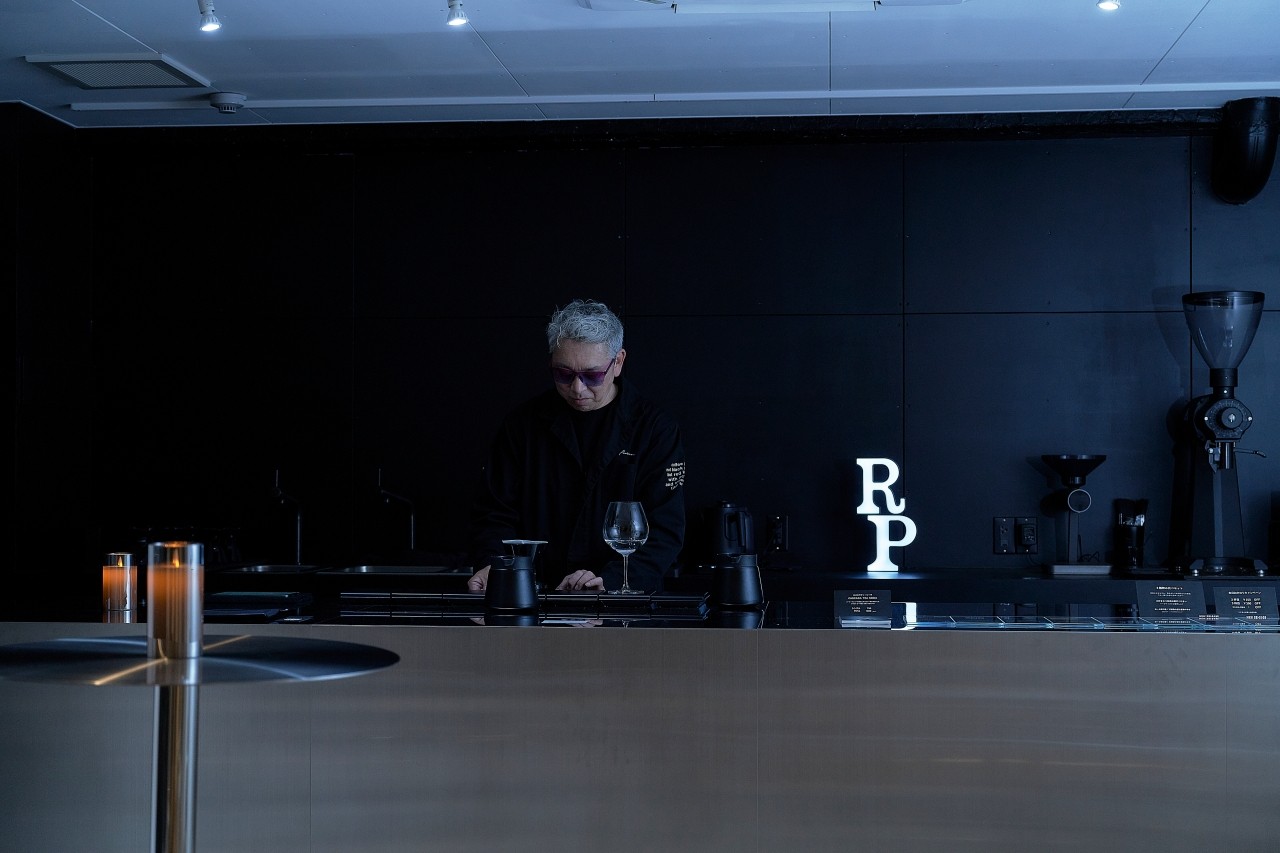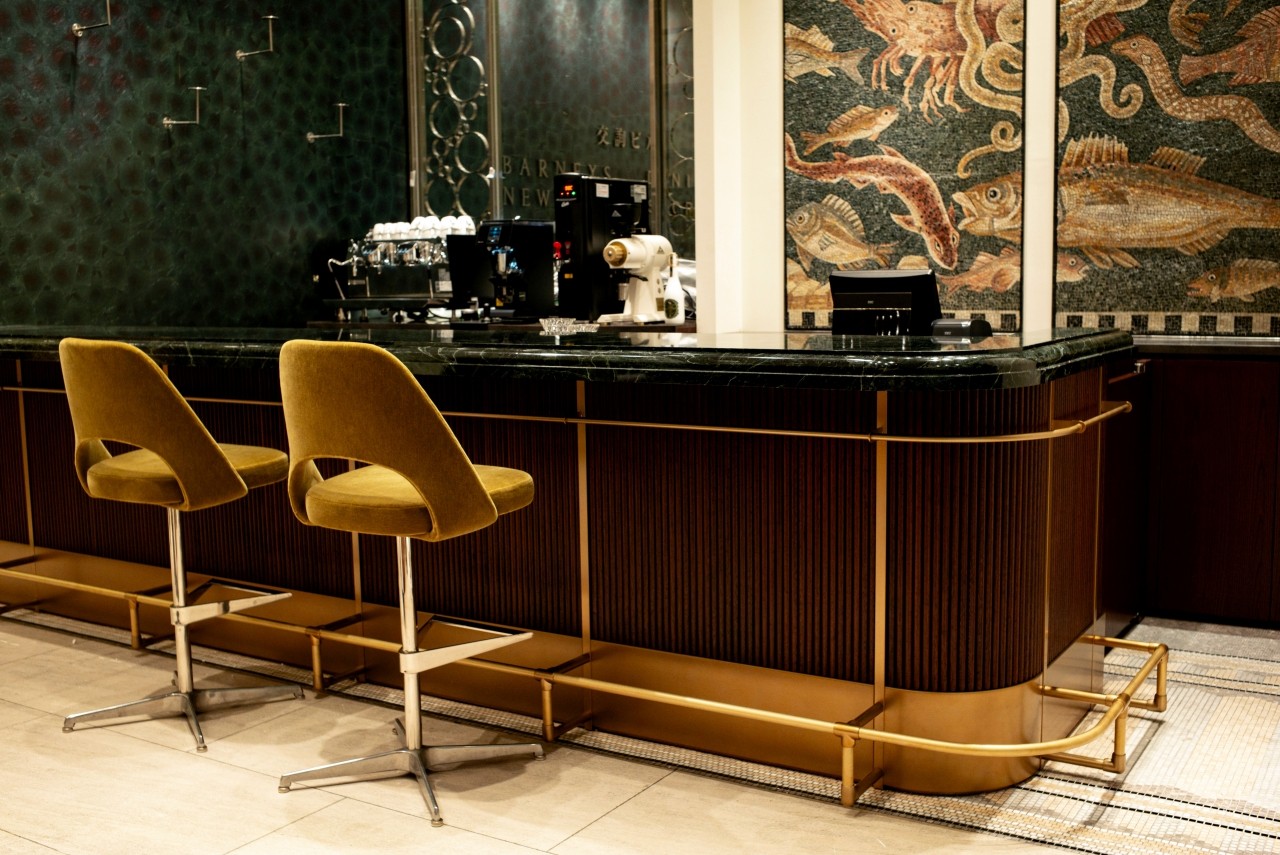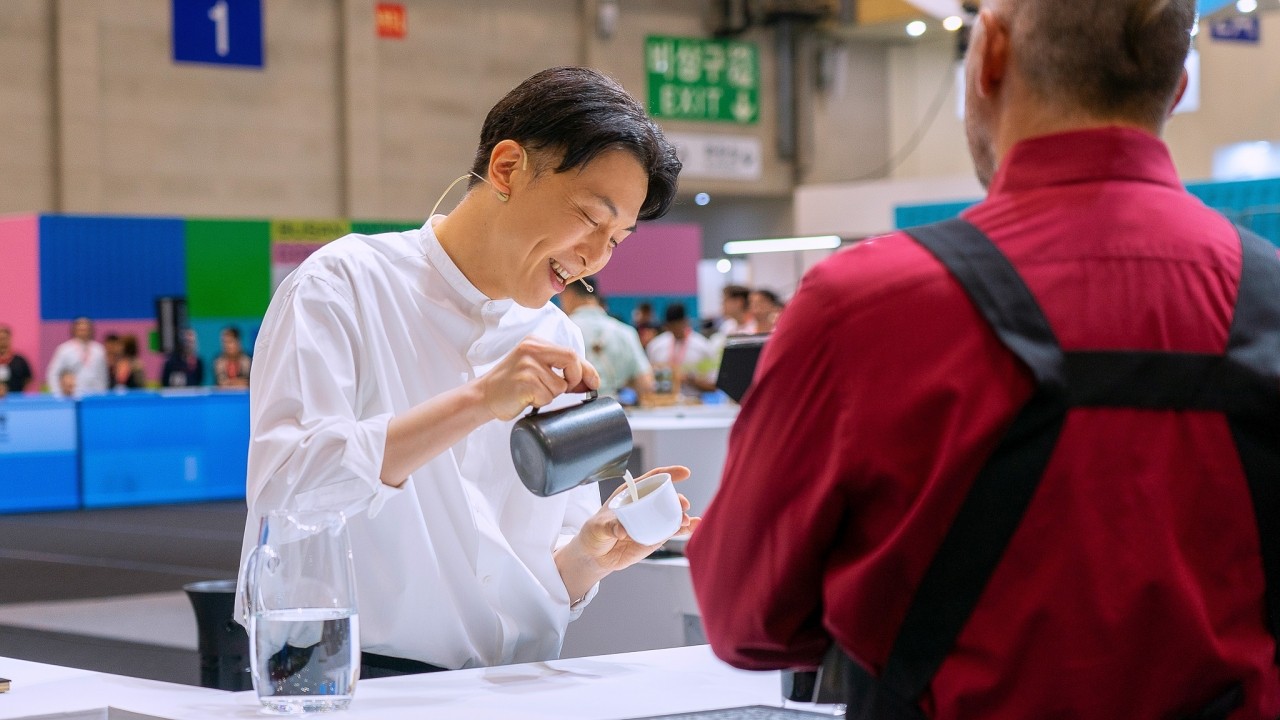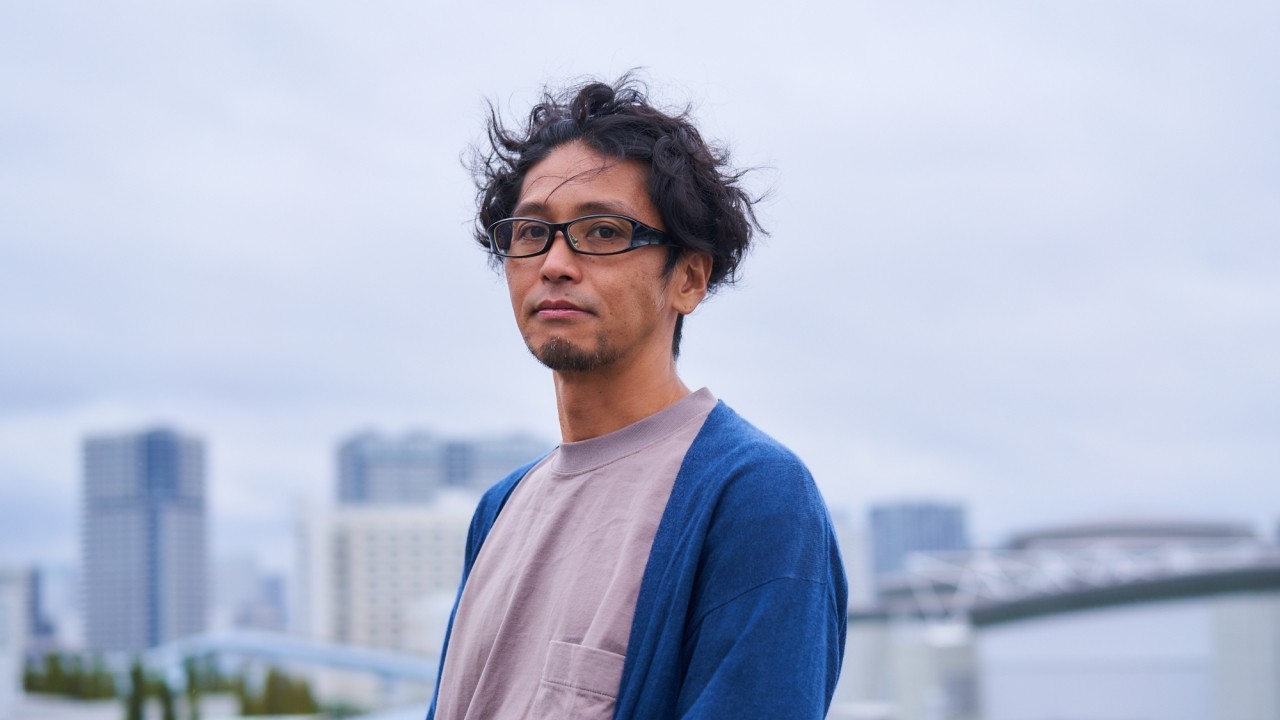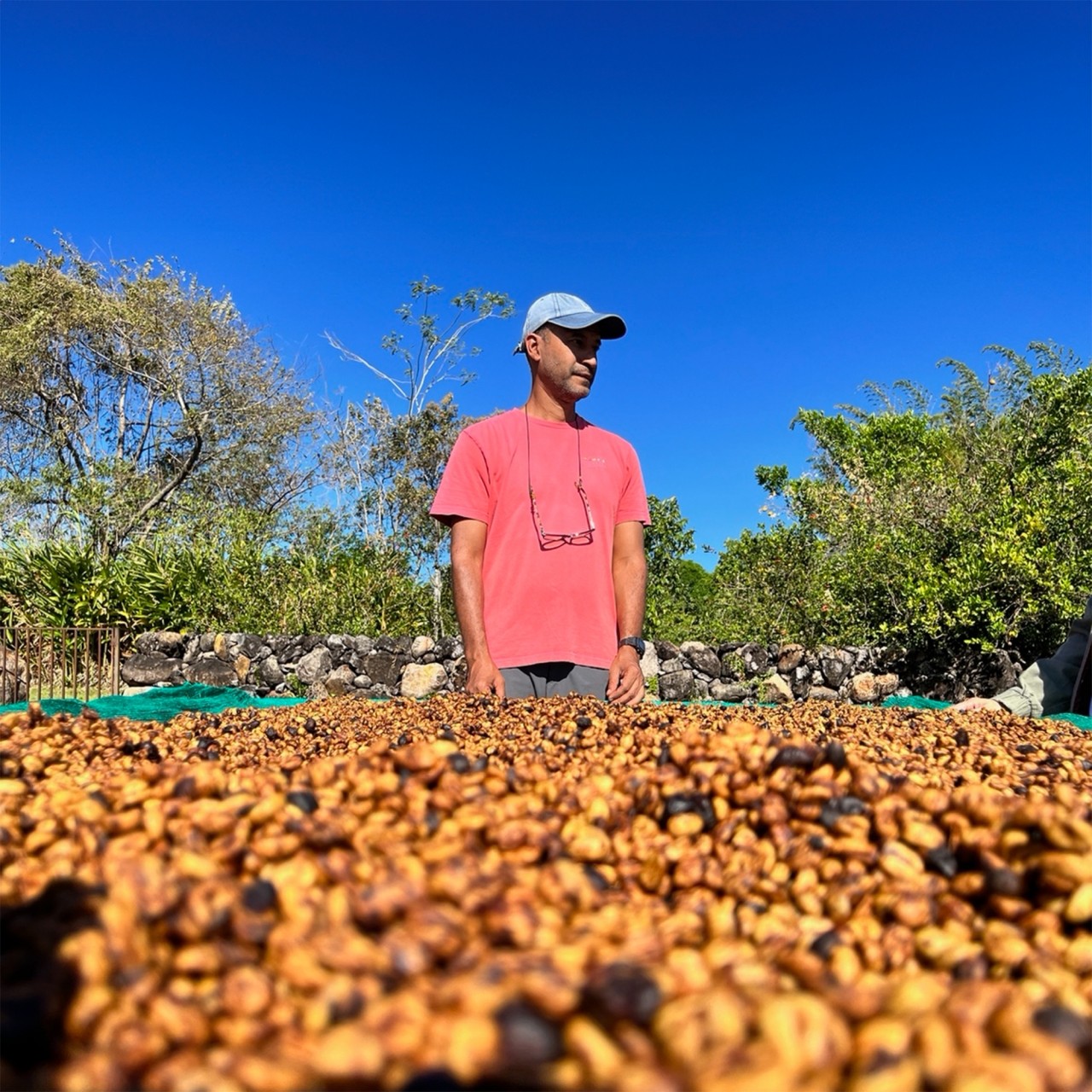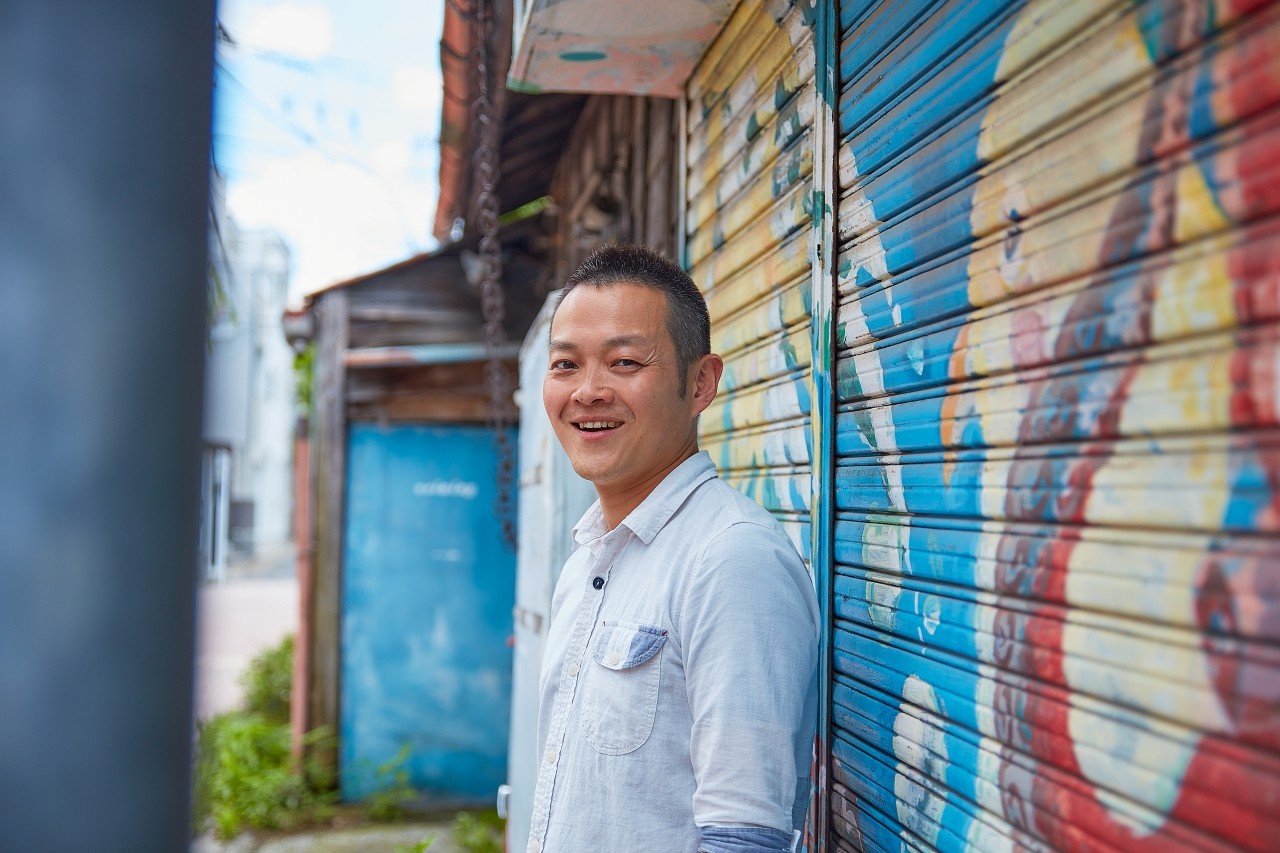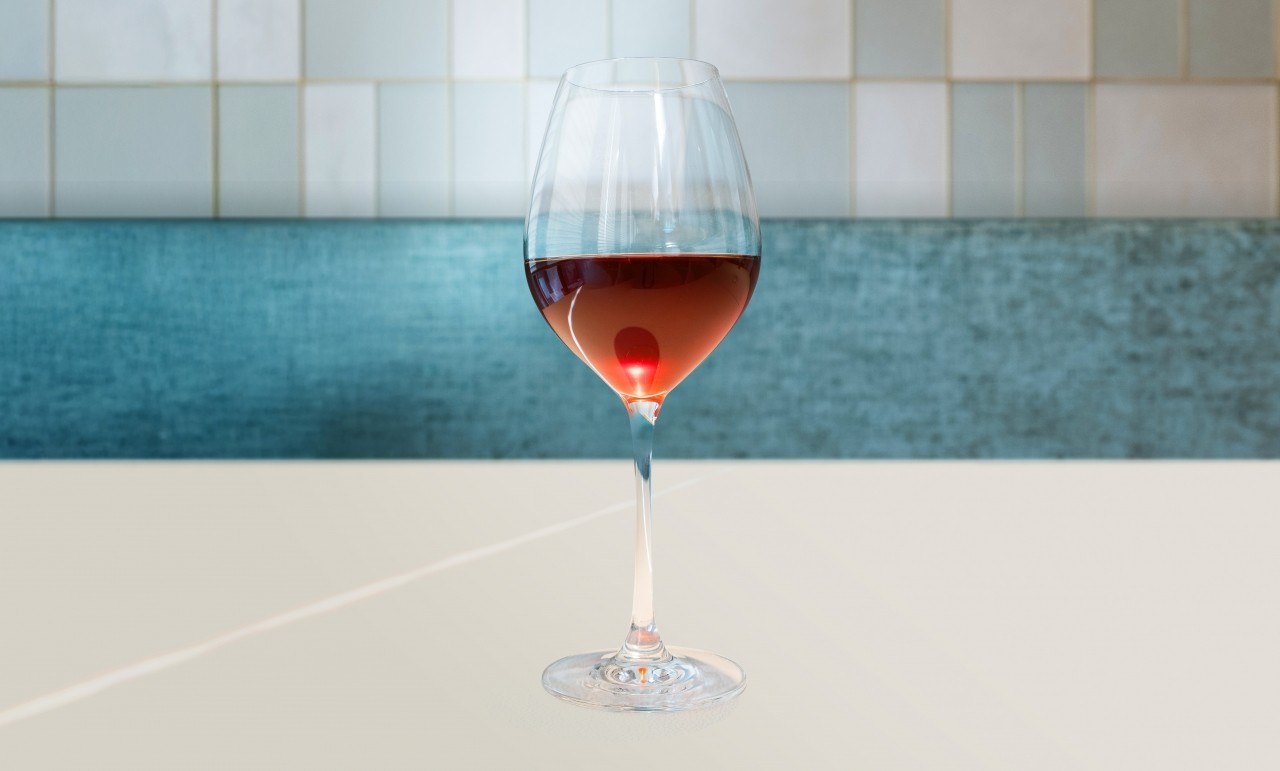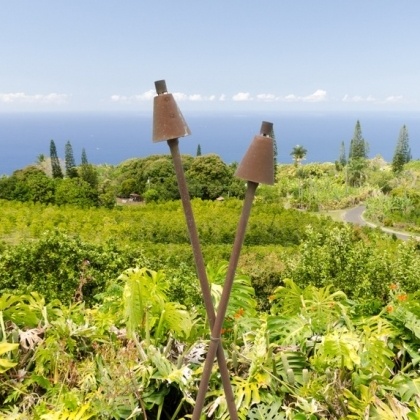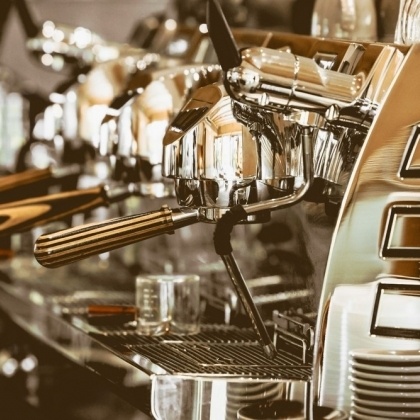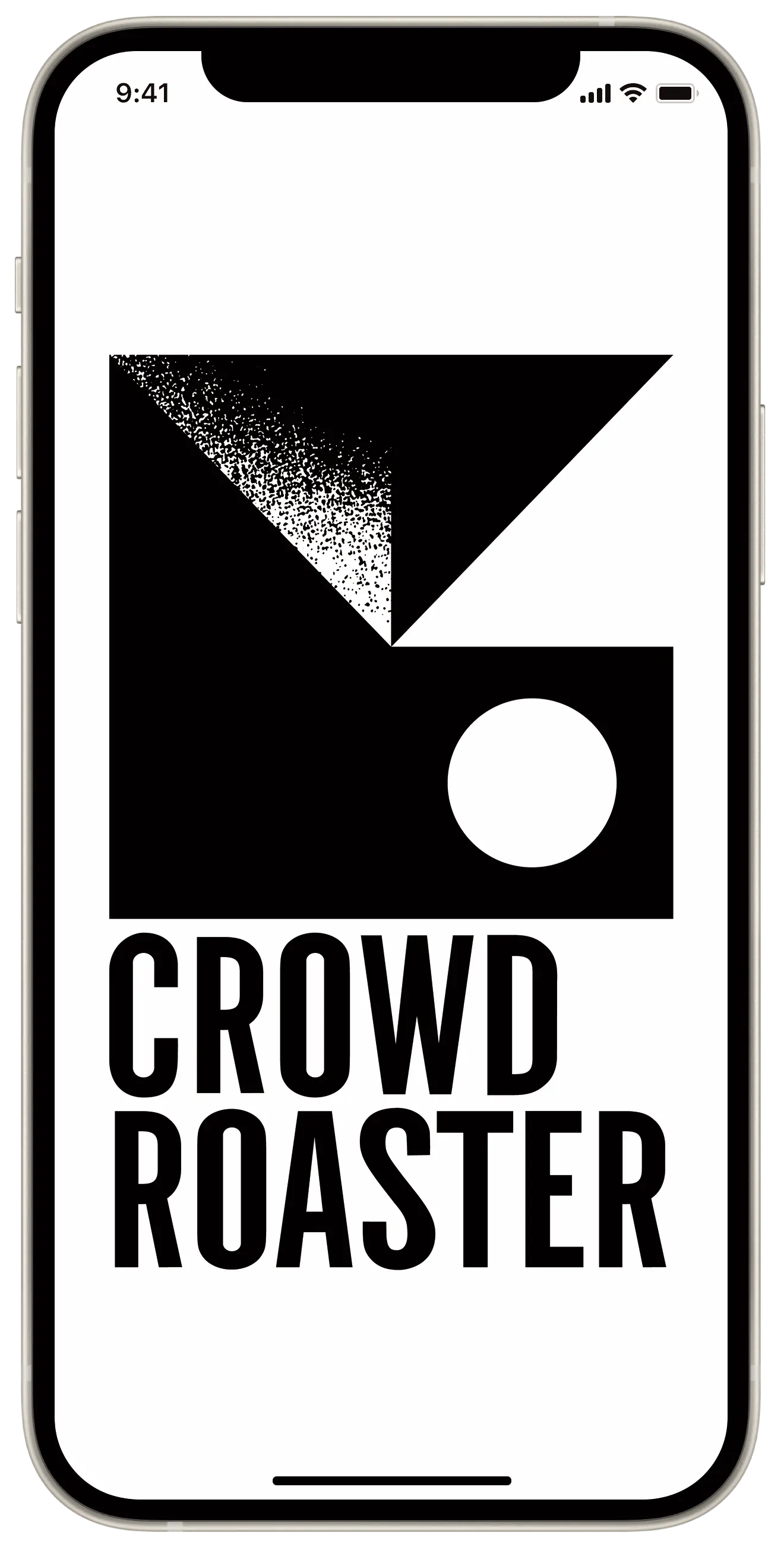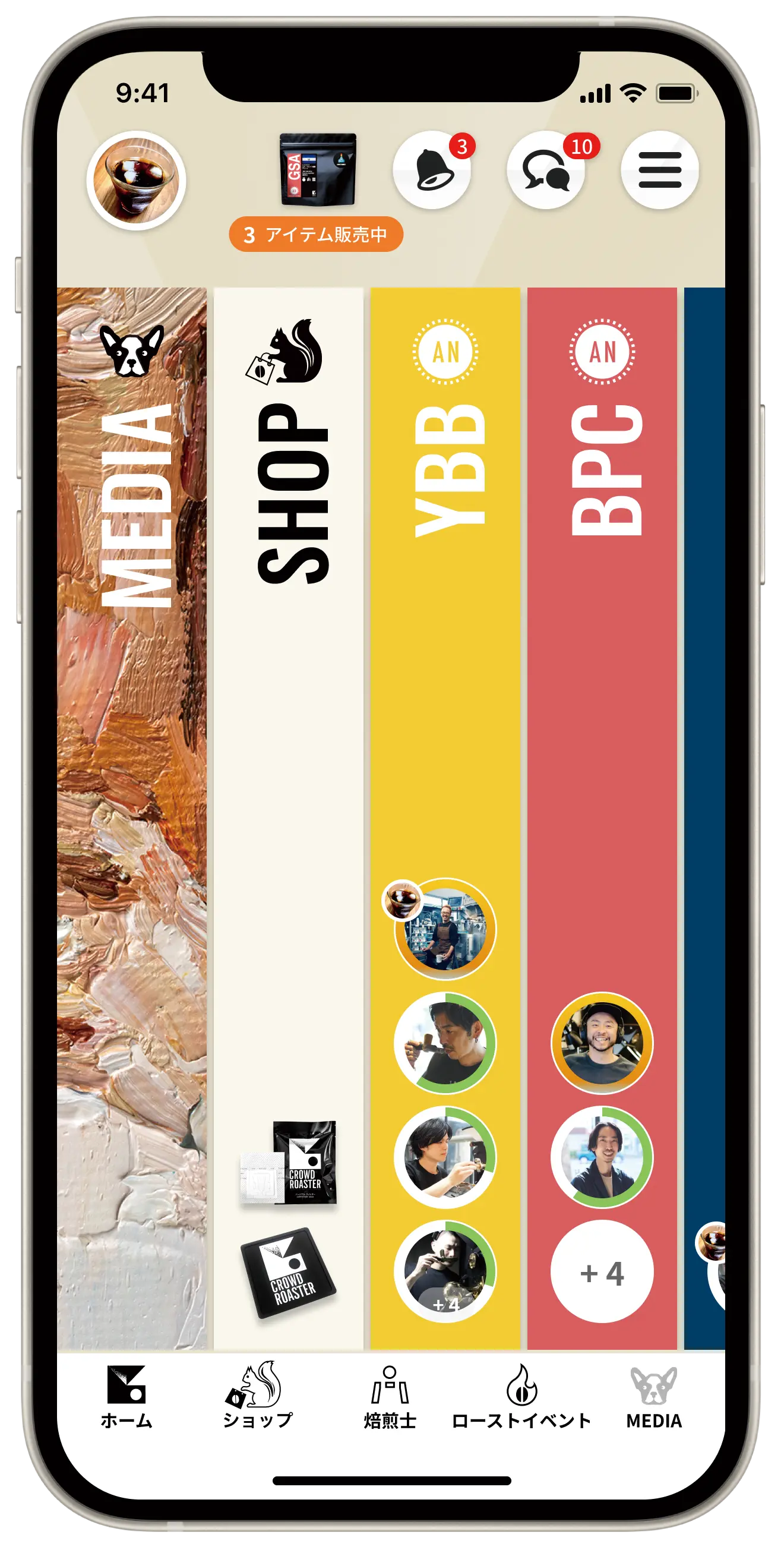Does coffee have more caffeine than tea? The relationship between coffee and caffeine
Caffeine, a pharmacological ingredient contained in coffee.
Due to the effects of caffeine, drinking coffee produces various effects, including a stimulant effect.
Here we will summarize the caffeine in coffee in the form of a Q&A.
Which has more caffeine, tea or coffee?
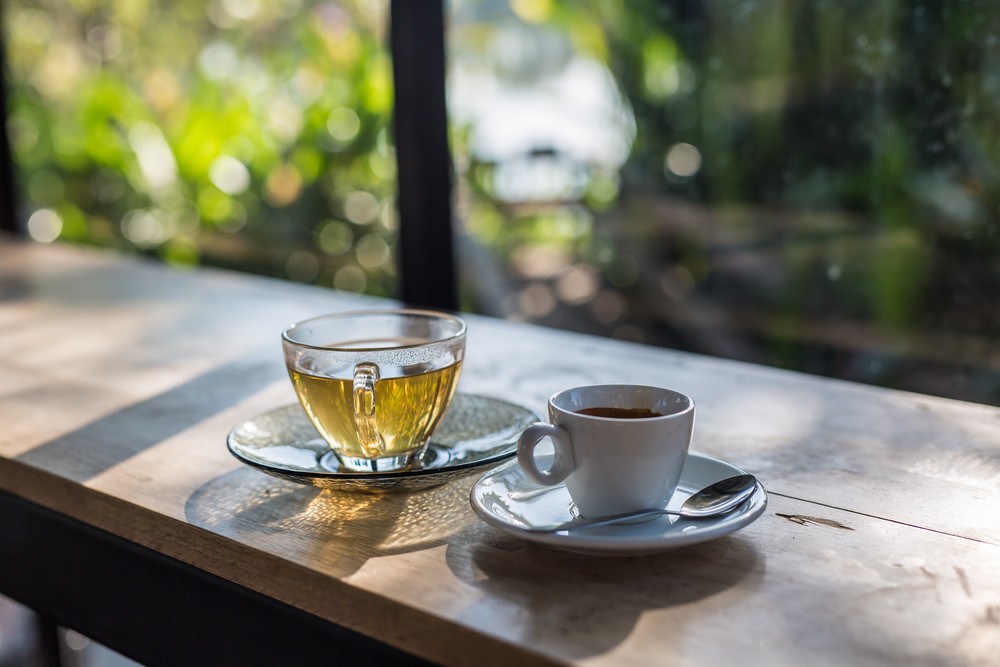
The amount of caffeine contained in one cup (150ml) of drip coffee is estimated to be around 60-90mg.
Teas such as Sencha and Hojicha have a content of about 20mg/100ml, and black tea has a content of about 30mg/100ml, so coffee has a slightly higher content.
Teas such as Sencha and Hojicha have a content of about 20mg/100ml, and black tea has a content of about 30mg/100ml, so coffee has a slightly higher content.
Does the content differ depending on the coffee variety?
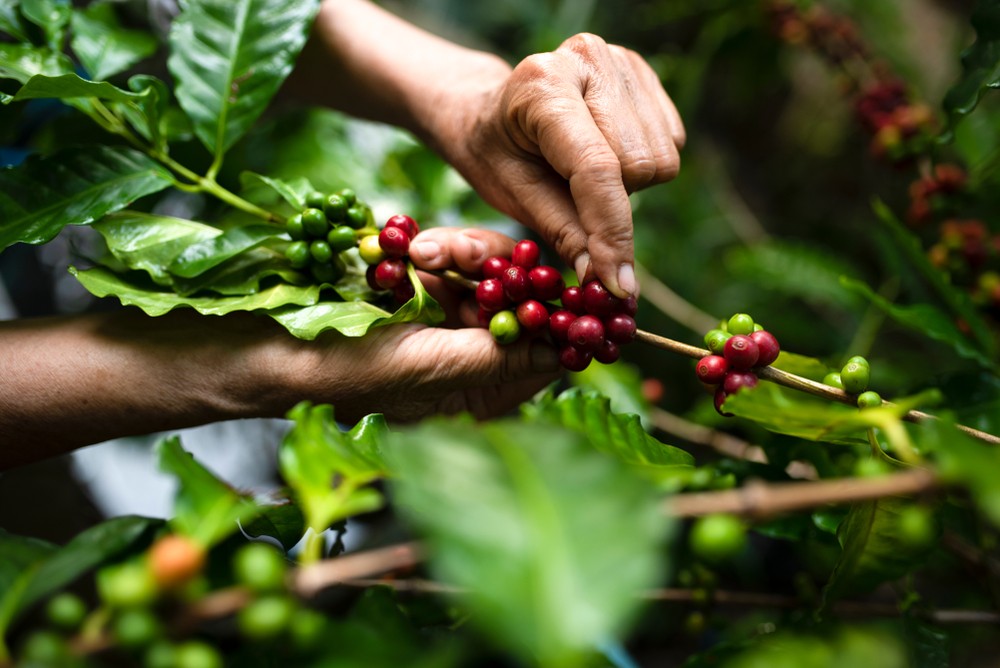
There is a big difference in caffeine content between the two major varieties of coffee, Arabica and Robusta. Robusta, which is often used in canned coffee and instant coffee, contains more caffeine than Arabica, which is high quality and is used in almost all specialty coffees.
Robusta is about twice as much as Arabica, and in terms of caffeine content, Arabica has about 1% caffeine content, while Robusta has more than 2%.
By the way, a variety of Arabica called Laurina has been discovered that has about half the amount of caffeine than regular Arabica.
Robusta is about twice as much as Arabica, and in terms of caffeine content, Arabica has about 1% caffeine content, while Robusta has more than 2%.
By the way, a variety of Arabica called Laurina has been discovered that has about half the amount of caffeine than regular Arabica.
Why do coffee plants make caffeine?
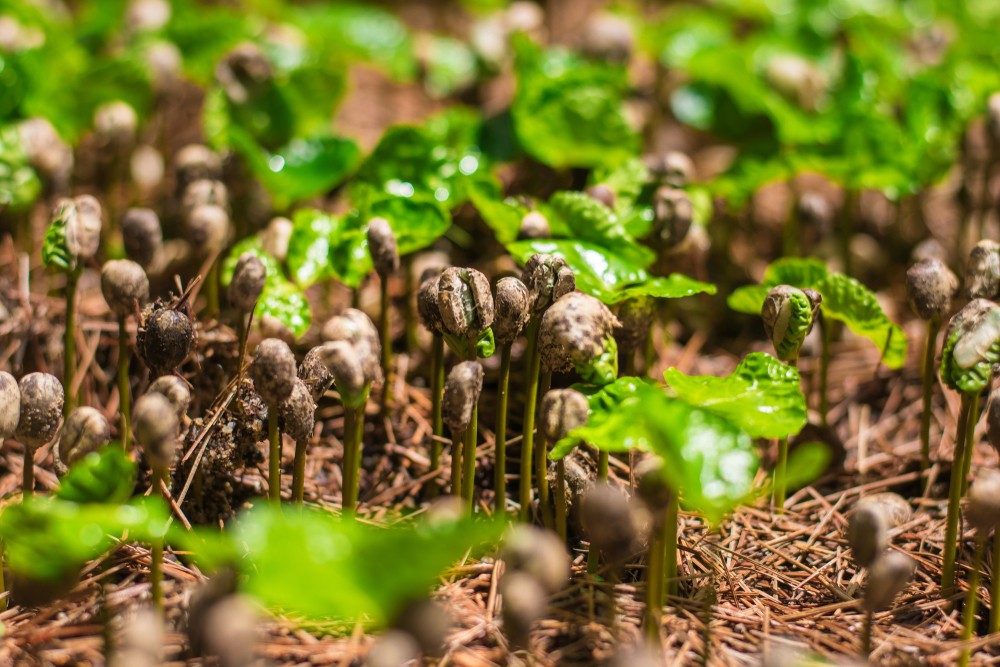
Coffee plant shoots contain high amounts of caffeine, as do tea plants.
This is said to be because some insects and slugs do not like caffeine and will not approach you.
Although it has the effect of preventing the sprouts from being eaten by these insects, there are some pests for which it is not effective, and caffeine will not protect you from any insects.
Does dark roasted coffee contain more?
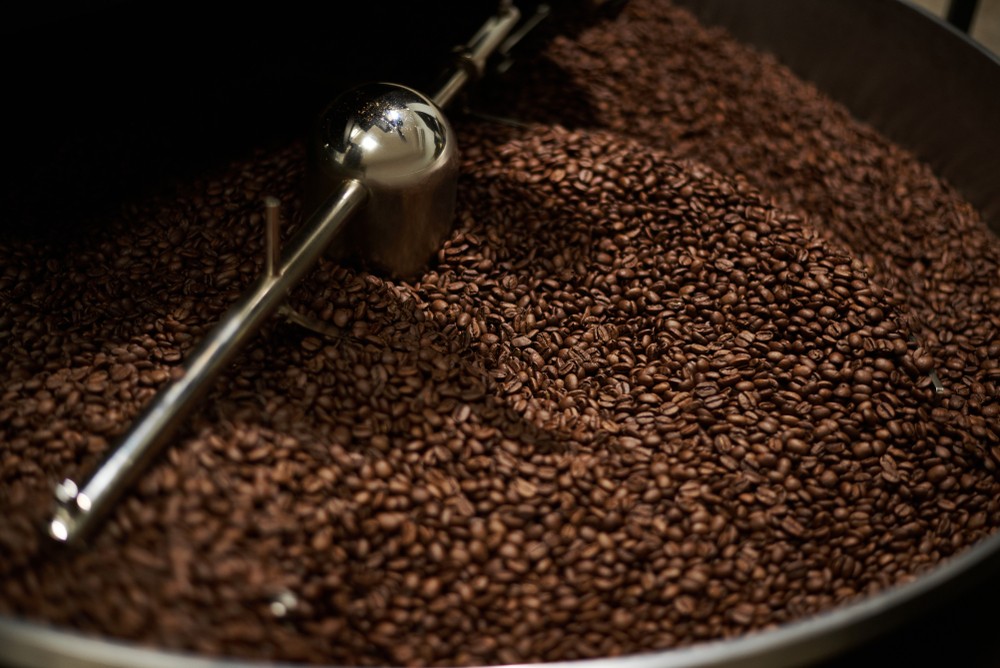
Since dark roasts are more bitter, people tend to think that they contain more caffeine, which is a bitter component, but the bottom line is that it doesn't make much of a difference depending on the roast level of the coffee.
The deeper the roast, the lower the caffeine content. However, at the same time, the weight of the beans themselves has decreased, so the amount of beans required to brew one cup of coffee has increased. As a result, a cup of coffee contains almost the same amount of caffeine whether it is dark roasted or light roasted.
The deeper the roast, the lower the caffeine content. However, at the same time, the weight of the beans themselves has decreased, so the amount of beans required to brew one cup of coffee has increased. As a result, a cup of coffee contains almost the same amount of caffeine whether it is dark roasted or light roasted.
Is caffeine responsible for the bitter taste of coffee?
As you can see from the fact that decaf and decaffeinated coffee are bitter, caffeine is not the only bitter component contained in coffee. In addition, it contains various bitter components, and caffeine is said to account for about 10 to 30 percent of the bitter taste.
What are the effects of caffeine?
Caffeine is a type of compound called an alkaloid, and when ingested, it has the effect of stimulating the central nervous system of the brain. Therefore, ingesting it will wake you up and increase your concentration. In addition, ingesting caffeine increases fat metabolism and improves the efficiency of burning fat for energy.
In addition, caffeine has a diuretic effect, which means that water in the body is excreted as urine. You can also expect it to be effective in improving swelling caused by water retention in the body.
It is thought that the caffeine contained in coffee has a brain-stimulating effect for about 15 to 30 minutes. Also, the effect is temporary, lasting about 2 hours.
Additionally, tolerance to caffeine varies widely from person to person. Pregnant women and children are more susceptible to the effects of caffeine and are advised to avoid excessive intake of caffeine.
In addition, caffeine has a diuretic effect, which means that water in the body is excreted as urine. You can also expect it to be effective in improving swelling caused by water retention in the body.
It is thought that the caffeine contained in coffee has a brain-stimulating effect for about 15 to 30 minutes. Also, the effect is temporary, lasting about 2 hours.
Additionally, tolerance to caffeine varies widely from person to person. Pregnant women and children are more susceptible to the effects of caffeine and are advised to avoid excessive intake of caffeine.
Caffeine is the characteristic ingredient of coffee.
If you deal with caffeine well, you can get beneficial effects in your daily life.
It is important to take the right amount for yourself without overdoing it.
We will introduce the effects of caffeine and the ingredients of coffee in more depth in another article.
2024.1.7
CROWD ROASTER
If you want to enjoy coffee more deeply
" CROWD ROASTER APP"
Manabu at CROWD ROASTER LOUNGE
・Push notifications for article updates・Full of original articles exclusive to CROWD ROASTER
・Direct links to detailed information about green beans and roasters
App-only features
- Choose green beans and roasters to create and participate in roasting events・CROWD ROASTER SHOP: Everything from beans to equipment is readily available
・GPS-linked coffee map function



